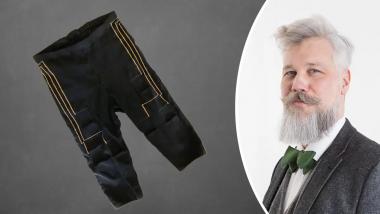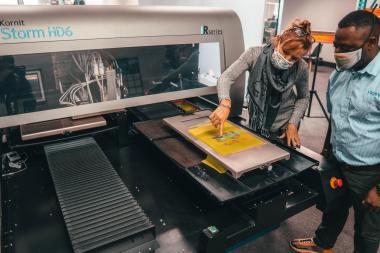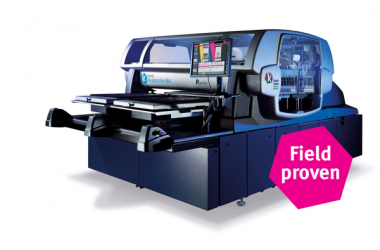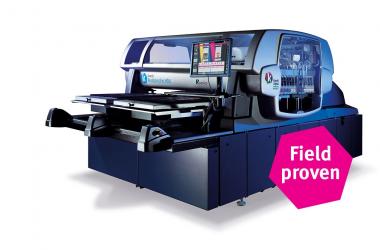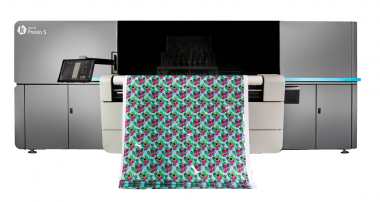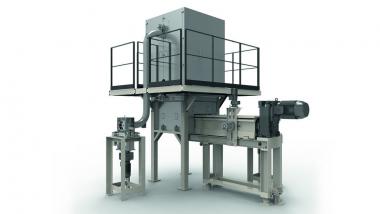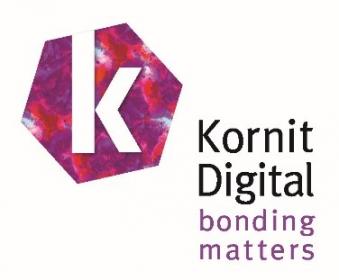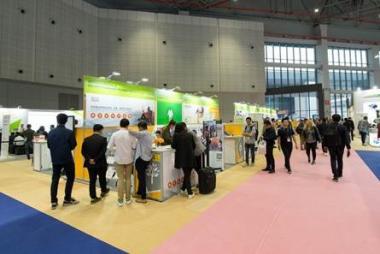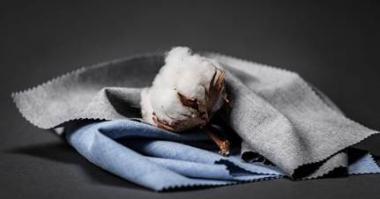Healthcare: Solution for smart textile production
Smart textiles have the potential to revolutionise healthcare. In his doctoral thesis in textile technology at the University of Borås, Emanuel Gunnarsson presents unique solutions to the bottleneck that has long inhibited the market.
With an ageing population, increasing demands are being placed on healthcare and smart textiles can offer a solution where only imagination sets limits. “The long-term goal of most smart textiles is for them to be so easy to use that the user doesn't think of them as anything more than regular garments. No special procedure should be needed to use them. If we succeed in that, we won't burden healthcare by having healthcare personnel administer vital parameter monitoring such as blood pressure and pulse, as the user can handle it themselves,” said Emanuel Gunnarsson.
In his work, he has investigated how a t-shirt for measuring heart rhythm and movement patterns, and garments for electrostimulation, can be produced in a single step. This involves the connection between the contact surfaces (electrodes), the insulated conductive paths between the electrode and the contact point, and the electrical measuring equipment required.
“This, as far as we know, has never been described before. We are completely convinced that this is the solution to a significant bottleneck when it comes to getting the smart textile market going in earnest,” said Emanuel Gunnarsson.
His work has resulted in two different simple ways to produce smart textiles. He demonstrates that sensors can be integrated using standard textile manufacturing methods. The research also includes criticism of some of the methods used to measure the functionality of smart textiles, and advice on how to do it better instead.
“The next natural step will be to see how these garments cope with one of the toughest challenges a garment faces, namely washing. Especially as these garments must be worn closest to the skin, they will need to be washed relatively often,” said Emanuel Gunnarsson.
Studies from other universities indicate that the yarns used to measure signals from the body do not withstand many washes, but after a small pilot study, Emanuel Gunnarsson is hopeful of the opposite.
University of Borås


